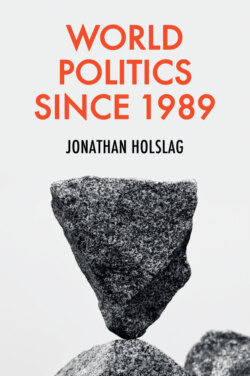Читать книгу World Politics since 1989 - Jonathan Holslag - Страница 33
Future
ОглавлениеThe end of the Cold War did not lead to the expectation that the history of war, dictatorship, and exploitation had reached its end. Neither was everyone convinced that the West would lead. Its weaknesses were numerous. Neoliberalism, in theory, held that citizens were encouraged by competition to give society their best. In practice, policies of neoliberalism had coincided with growing external debt, the decay of infrastructure, and diminishing interest in manufacturing. While it surely pressured people to work harder, it was less evident whether it empowered them as citizens. Other competitors loomed on the horizon. Not only pundits vented their concern. Opinion polls showed that only half of Americans were satisfied with the state of the nation. In 1989 and 1990, only about 40 percent of Americans expected the future to become better while 25 percent believed it would be worse. The Soviet Union might have been defeated, but it did not feel like a victory of the West: neither to the public, nor to many of its opinion leaders. It presented an opportunity, as the West had unequaled power. But would it be able to use it in a way that would restore confidence? Would it use its power advantage to redress some of the internal challenges? Would it be able to use its power to try to shape a world that was more hospitable to its ideals?
